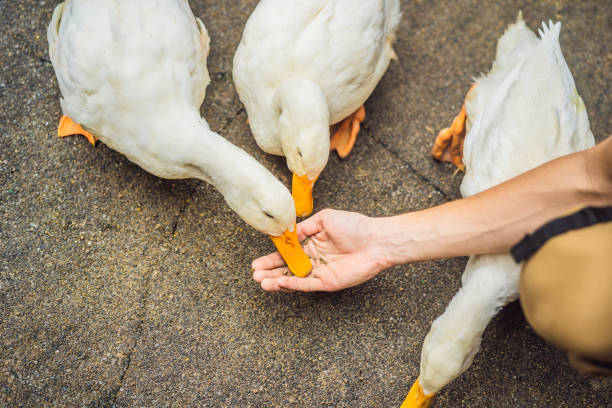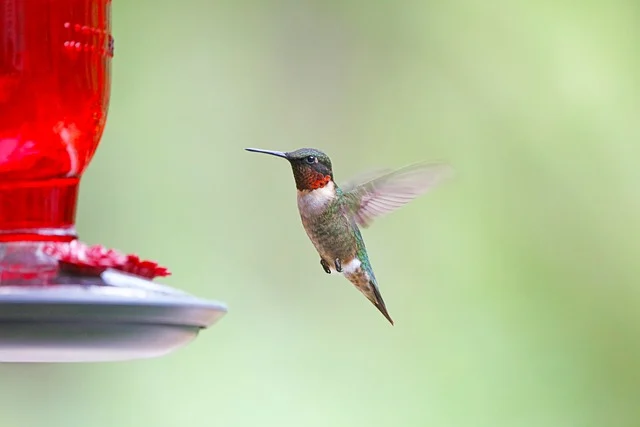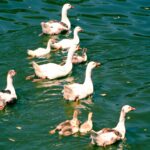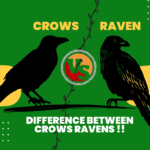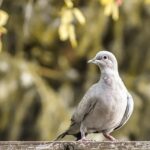Newborn birds need a very nutritious and safe food to promote proper growth and survival. If you have discovered an orphaned baby bird or are raising hatchlings by hand, it is crucial to understand what to feed them and how to do it properly. This article addresses all that you should know about feeding newborn birds, including safe foods to feed them, feeding methods, and feeding schedules.
Understanding Newborn Bird Nutrition
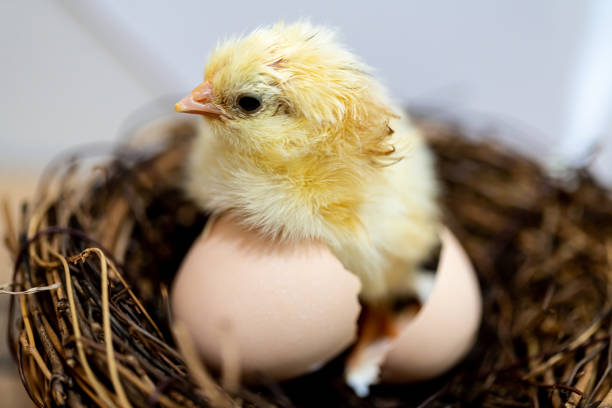
Baby birds have fragile digestive systems that need to consume easily digestible, protein-rich foods. What they eat differs by species, but the majority of infant birds eat regurgitated food from their parents in the form of insects, seeds, and soft fruits.
Nutritional Requirements for Baby Birds
| Nutrient | Importance |
|---|---|
| Protein | Essential for muscle and feather development |
| Fats | Provides energy for growth |
| Calcium | Supports strong bones and beak development |
| Vitamins A & D | Enhances immunity and eyesight |
| Hydration | Prevents dehydration and supports digestion |
Safe Food Options for Newborn Birds
Depending on the species, you can give them different sources of food to satisfy their nutritional requirements.
Commercial Bird Formula (Best for Hand-Rearing)
- Specifically formulated baby bird hand-feeding formulas are best.
- Kaytee Exact Hand Feeding Formula or Harrison’s Juvenile Formula is a good choice of brands with balanced nutrition.
- Combine with warm, clean water to make a smooth, digestible paste.
Protein-Rich Foods
- Soft insects such as mealworms, crickets, or tiny caterpillars.
- Boiled eggs, mashed well.
- Moist cat or dog food (free of artificial additives).
- Soaked kibble (mashed well and softened with water).
Fruits & Vegetables
- Only ripe, soft fruits such as bananas, papaya, and apples (mashed).
- No citrus fruits as they will be too acidic.
- Steamed vegetables such as carrots and peas (mashed).
Grains & Seeds
- Oatmeal or cornmeal (with warm water).
- Finely crushed sunflower seeds (shells removed).
- Mashed, cooked brown rice or quinoa (soft).
Harmful Foods You Should Avoid for newborn birds Health
- Milk & Dairy: No enzymes in birds to digest lactose.
- Bread & Crackers: Unnourishing, difficult to digest.
- Raw Meat: Potentially cause bacterial infections.
- Processed Foods: Contains chemicals and preservatives.
- Citrus Fruits: Too acidic for baby birds.
- Salt & Sugar: Potential to cause dehydration and health complications.
How to Feed a Newborn Bird
- Preparing the Food: Moisten dry food using warm (not boiling) water to help retain nutrients and provide a smooth, lump-free consistency. Sterilize the feeding equipment such as a syringe, pipette, or spoon and use it at all times to keep things hygienic and avoid infections, providing a safe and healthy meal for your bird.
- Feeding Techniques: Give your bird in small quantities to avoid choking and for safe ingestion. Employ a syringe or pipette to provide precise feeding. Gently stroking the beak and let the bird swallow naturally, providing a comfortable and stress-free feeding experience.
The Best Feeding Schedule For New Young Birds
| Age | Feeding Frequency |
| 0-1 Week | Every 2-3 hours (including night) |
| 1-2 Weeks | Every 3-4 hours |
| 2-3 Weeks | Every 4-5 hours |
| 3-4 Weeks | Every 5-6 hours (introduce solid foods) |
Signs of Proper Nutrition
- The bird is active and responsive.
- The crop (food storage sac) is mildly distended following feeding.
- No regurgitation or gastrointestinal distress.
The Best Tips Of Hydration & Additional Care
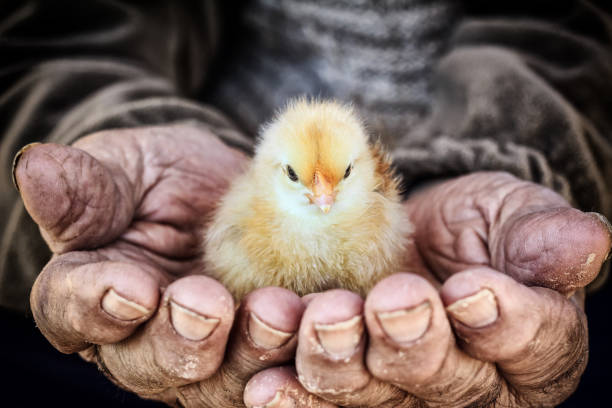
Newborn birds get most of their water from food, but if dehydrated:
- Gently moisten the beak with a moist cotton swab.
- Provide small drops of water through pipette if needed.
- Never force water feeding as it can pass into lungs.
Transitioning to Solid Foods
By 3-4 weeks, birds begin exploring solid foods. Use soft fruits and chopped vegetables gradually, small live insects for omnivores, and soaked birdseed mixtures for seed-eating birds. This facilitates a smooth transfer to a balanced natural diet.
Encouraging Self-Feeding
- Offer food in a shallow dish to promote pecking.
- Gradually decrease hand-feeding frequency.
- Provide fresh water at all times.
Final Thoughts
Taking care of newborn birds involves patience, correct diet, and gentle feeding methods. By giving a nutrient-dense, species-specific diet, you can help assure healthy growth and development. Always do research on the exact dietary requirements of the bird species, and in question, consult with a wildlife rehabilitator.
Through this complete feeding manual, you can help ensure the safe and healthy rearing of a newborn bird to independence.


